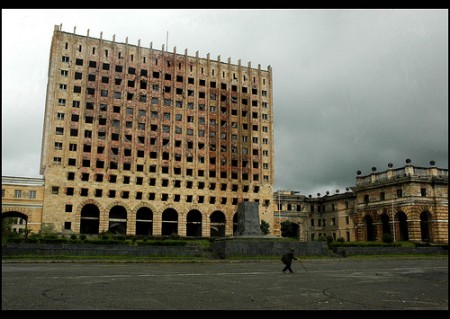
Many countries are not fully recognized by international organizations and other countries. Kosovo, Somaliland and Taiwan are good examples of states that are not recognized internationally. But these states have either de facto autonomy and can sustain themselves or are recognized by a comfortable number of “powerful” countries that allow them to survive on the international stage.
Some other countries, however, are recognized but are also heavily dependent on one country to survive. This is the case with Northern Cyprus, only recognized by Turkey, but also Abkhazia, supported by Russia and only recognized by a handful of states.
Abkhazia is located in the territory of Georgia and, together with South-Ossetia, declared their independence in the 1990s. The territory became the center of international attention during the South-Ossetian war in the summer of 2008. Currently only recognized by Nauru, Nicaragua, Venezuela and, of course, Russia, Abkhazia is also recognized by non-recognized territories such as South-Ossetia and Transnistria. Furthermore, Abkhazia is also part of a group called the UNPO (Unrepresented Nations and Peoples Organization.)
If we look deeper into the motivations for recognition of Abkhazia, however, we can see beyond the standard political arguments (about the right to self-determination, for example) and into a world where money matters more than political ideals.
